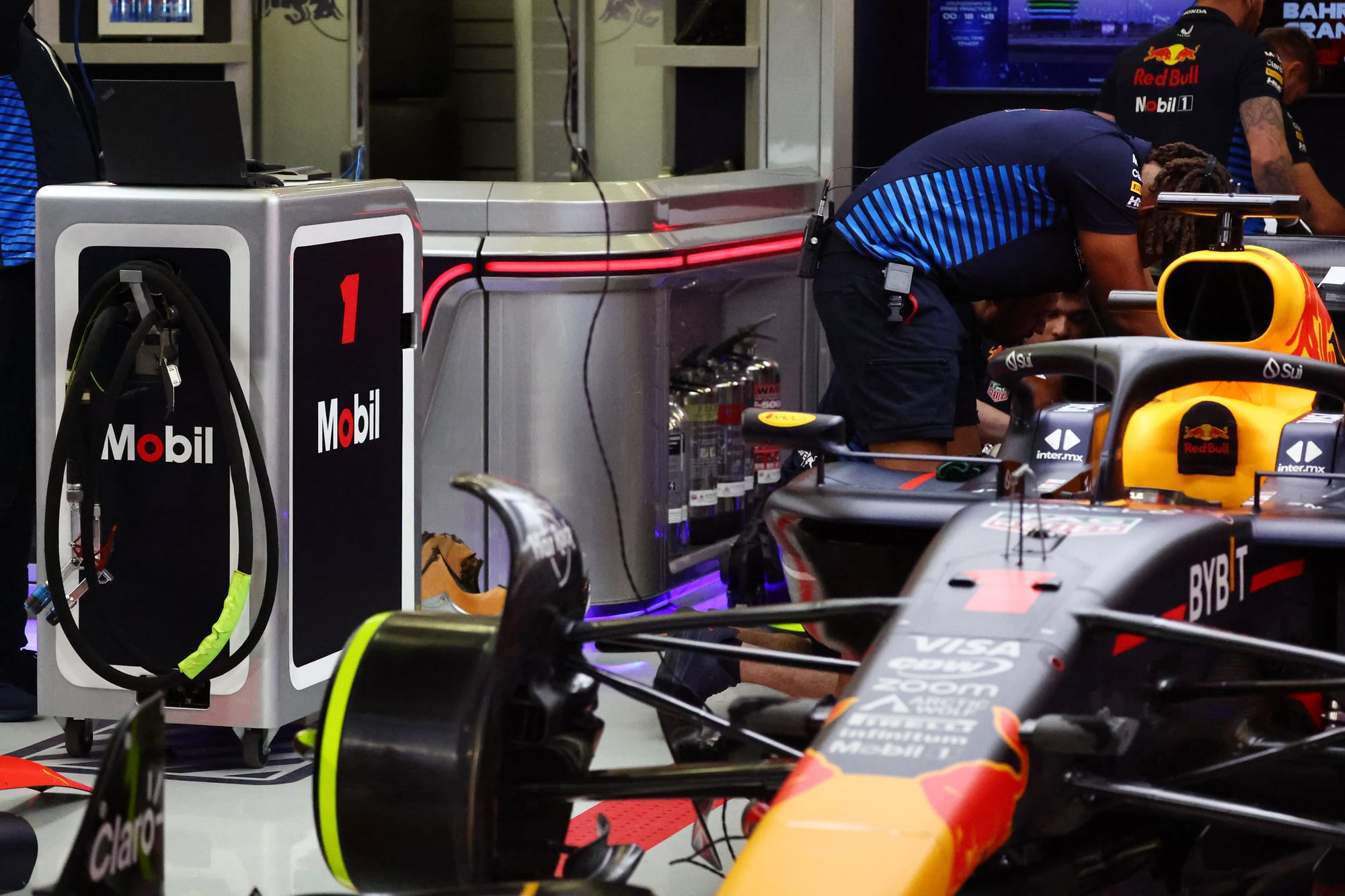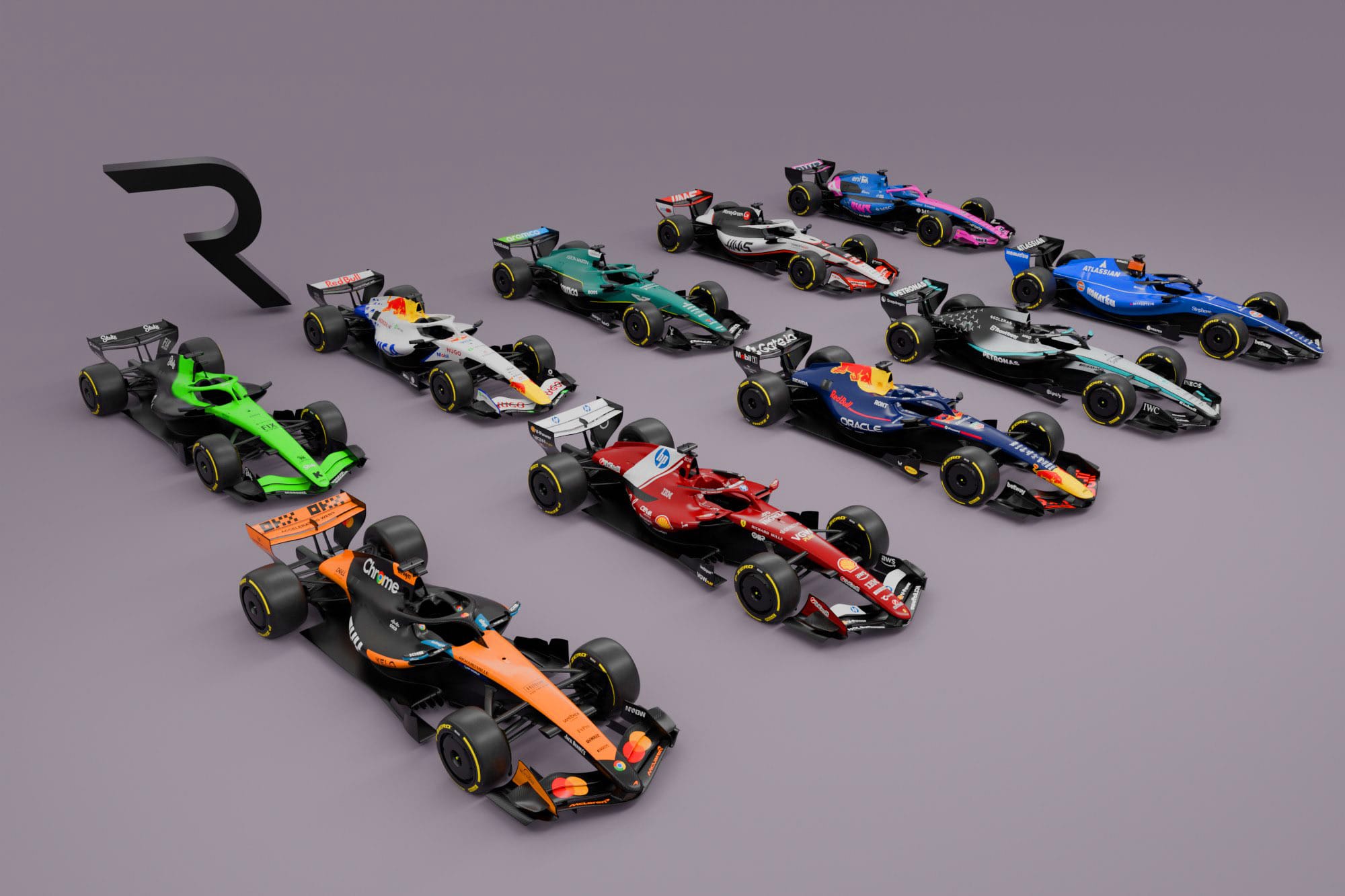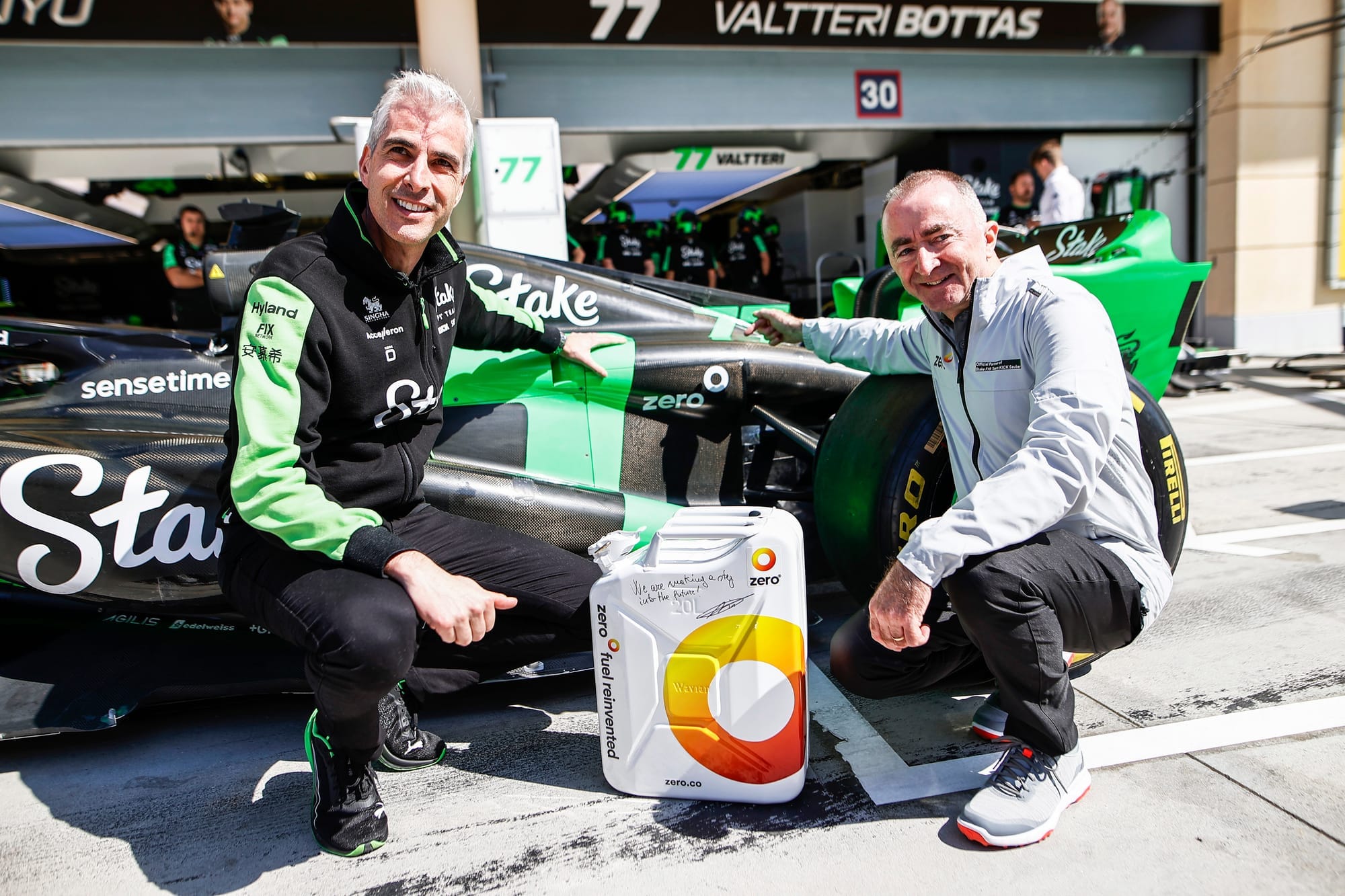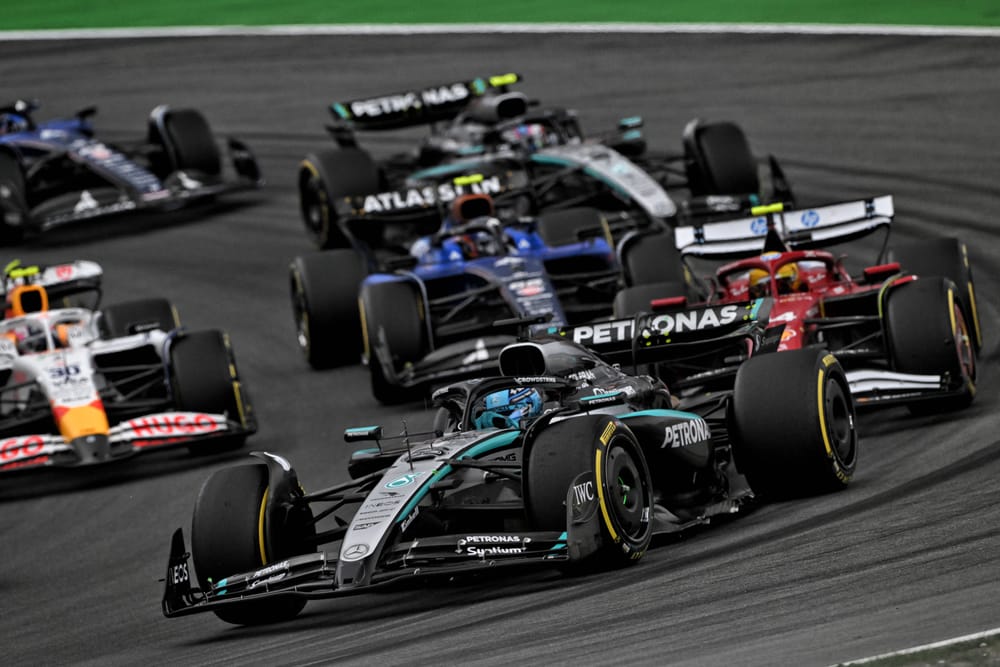Formula 1 chiefs will hold talks next week to discuss ways of bringing down fuel costs amid growing unease about a dramatic escalation in bills for 2026 that could top $12million per year for each team.
Ahead of grand prix racing's switch to fully sustainable fuel from the start of next year, teams have been concerned for some time about the extra development and material costs that will be passed onto them.
Early projections had the price of fuel jumping from the current $22-$33 dollar per litre range up to around $170-$225 per litre.
However, one team boss suggested that he had been told the fuel could cost his team more than $300 per litre.
Speaking earlier this year, Mercedes boss Toto Wolff detailed how costs had gone well above what everyone expected when the rules were first formulated.
"What makes it so expensive is that the whole supply chain and energy contribution needs to be green," he said.
"To achieve all of that, you need a certain specification of ingredients that is very expensive - and it's coming in much more expensive than anyone thought.
"So we need to look at whether there's anything we can tweak to bring the per-litre price down. We want to be open-minded.
"[Mercedes title partner] Petronas has been a great partner of ours. They're fully committed technically to the project, and with them we're evaluating is there a regulation that can be changed to make it more financially sustainable?"
The FIA has not been blind to the cost implications of the new, sustainable products and The Race has learned that, following discussions that have taken place with teams over recent weeks, a meeting has now been called with F1's fuel suppliers for the week after the Italian Grand Prix to discuss what can be done to reduce costs.
Finding a response

The issue of the huge hike in fuel bills has been discussed between teams, F1 and the FIA already this year at F1 Commission level, but talks have accelerated again in recent weeks as the reality of the extra costs hit home.
This has been prompted by teams getting a more realistic picture of what their bills will be as the fuel suppliers finalise their specifications and manufacturing costs.
A number of team bosses have shared concerns about what one has labelled a "ridiculous" situation of excessive spending at a time when F1 has been doing so much to bring costs down.
Several have indicated that they are far from happy about their annual fuel bills jumping from between $3-4million at the moment up to $10-12million from the start of next year.
The only minor reprieve is that, for the first time next year, the cost of fuel will be outside the cost cap - so this extra money will not have to be trimmed from other areas of the team.
However, the increased bills will still need funding from wider team budgets and will have to be sourced from either extra sponsorship revenue or reduced expenditure in areas that are already outside the cost cap.
Driving progress

All parties accept that there is nothing that can be done for 2026 at this late stage, so teams are going to have to stomach the increased costs for at least one year.
However, there is hope that changes can be made for 2027 - and this will be the focus of the meeting.
While a fully standard fuel would be the best way of avoiding the use of expensive exotic materials, going down such a route would not work amid the reality of commercial contracts that many teams have with major fuel companies.
However, one idea could be for some of the more costly elements of the fuels to be standardised to help eradicate expensive ingredients.

Fuel suppliers could then be given freedom to make their own developments in other areas that do not require big investment.
F1 chiefs have always accepted that the move to fully sustainable fuel would trigger an increase in expenditure, but it was always suggested that, by championing the technology to increase its use worldwide, this would help drive down costs in the long term.
Speaking earlier this year, the FIA's single-seater director Nikolas Tombazis said that F1 had long been at the forefront of pioneering expensive new technologies which then helped accelerate cost reductions.
"It [the cost] will come down like every technology comes down," he said.
"Initially everything is new, everything is innovative, and everything is a prototype in some ways. And as people learn, they will gradually move them [the costs] down.
"I'm not saying it is fully realistic tomorrow to go into a road car, but I think the learning these important partners have will help them drive down the costs. They need to do that for F1 as well as for their day-to-day business."
Liam Parker, F1's chief communications and corporate relations officer, also suggested at the Bahrain GP that grand prix racing’s fully sustainable fuel push would drive down costs because it would encourage suppliers to commit to something if they knew it was going to become a mass-market product.
"You can imagine if you're a fuel manufacturer and you want to invest in something on a large scale, you need some policy direction and freedom,” he said.
"And this comes back to the point that if policy and legislation is moving down the path of electrification only, you can see there might be an impediment to some of these companies investing in huge scale from a mass-market point of view.
"So I think the work that's being done behind the scenes with colleagues here [in F1], with policy makers and governments to explain this and try and open the door to this as a future potential, again creates certainty for the fuel manufacturers to invest in scale from a customer point of view as well."




